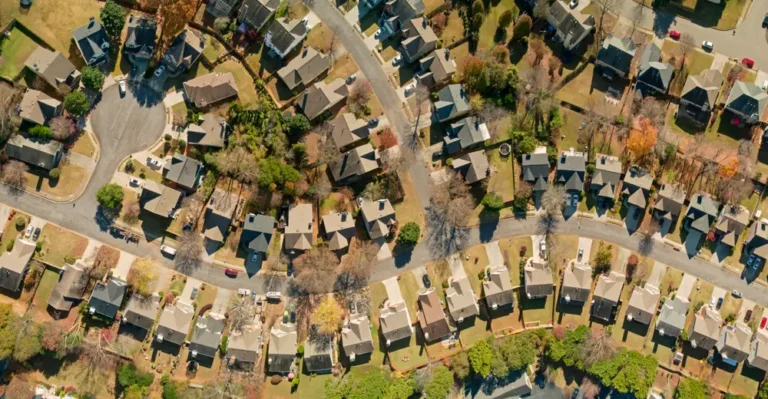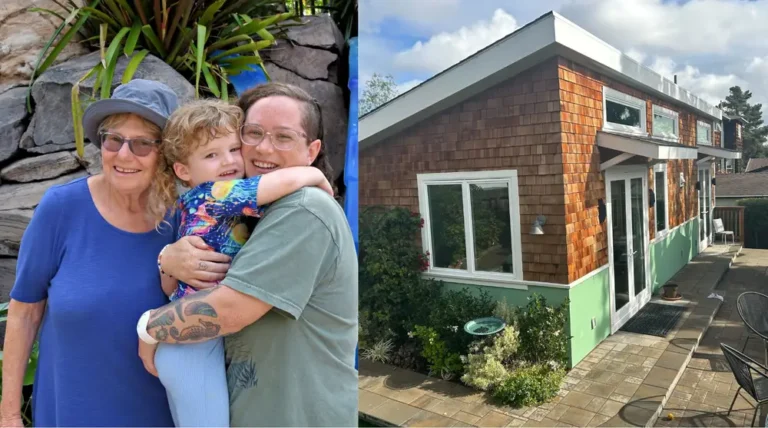A part-time real estate investor shares his ‘failed’ 1031 exchange — and what he wishes he knew before trying the tax-saving strategy

Real estate investor Steve Lewis and his wife Belkis reside in New Jersey.
A 1031 exchange sounds great on paper: It allows an investor to sell a property without paying capital-gains taxes on the sale if they replace it with another property of equal or greater value.
You could theoretically defer capital gains taxes indefinitely if you continued exchanging for what the IRS calls “like-kind properties.”
In practice, however, it can be challenging to execute a 1031 exchange.
That’s what part-time real estate investor Steve Lewis, who bought his first property in 2000 and expanded to three rentals before selling in 2024, found when he attempted a 1031 exchange.
His first step was finding a qualified intermediary (QI) that specializes in 1031 exchanges. They’re the ones moving the money — the QI holds the proceeds of the sale until the investor buys their replacement property — and charges between $600 and $1,200, depending on the transaction.
“When you sell, the money will not be sent to you,” explained Lewis. “It will not touch your bank account. You will not get a check. The money is sent to the intermediary company.”
As soon as you sell, the clocks starts: You must identify your replacement property or properties (you can identify as many as three like-kind properties) in writing within 45 days of selling the first property.
Then, you must close on the replacement property within 180 days of your initial property sale.
“In my opinion, that’s not enough time,” said Lewis. “I felt like I was rushed. I didn’t want to just find something to go save money on the tax.”
Still, he was able to identify three properties within the 45-day limit. His top choice was a small office building, and he immediately started the process of securing financing. That’s when he got caught up in a lot of red tape.
He ran into a couple of issues. For starters, commercial real estate transactions are more complex than residential. It took a while for the bank, which requested floor plans and evaluated the property’s profitability, to approve the building.
“It’s like death by paperwork,” said Lewis. “And then on top of that, with the commercial real estate contract, you must have a lawyer, and the seller will have a lawyer. So now it’s lawyers contacting lawyers, and it becomes a slower-than-molasses process.”
After months of back-and-forth, the seller ended up changing their mind and decided to keep the property. The deal was off the table, and Lewis was approaching the 180-day deadline.
“I didn’t have enough time to go to the second property on my list,” said Lewis, who ended up walking away and paying capital gains tax on the sale. He owed about $1,000 to the QI, he said, but the fee didn’t bother him. “I’m glad I went through it. It was worth $1,000 to learn.”
His major takeaway was that 180 days go by faster than you may think. While his failed 1031 experience may be “rare,” he noted, “there are so many things that could delay a closing.” His advice is to plan ahead as much as you possibly can for the next property purchase.
Lewis says he’d consider a 1031 exchange in the future if the 180-day rule were extended to a year. Six months is too tight of a deadline and gives him “the gambling feeling,” he said. He’d rather not rush a purchase and potentially make a bad decision just to save on a tax bill. “I like to really think about things and let it sit for a minute”






